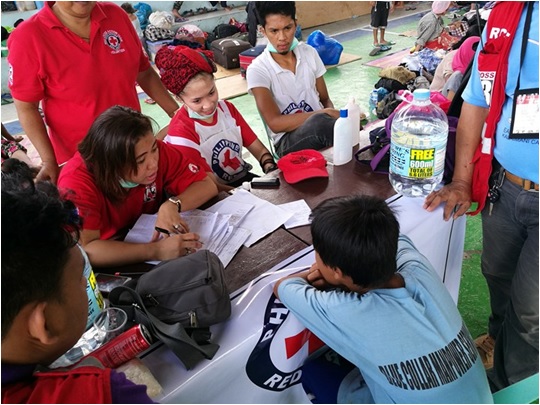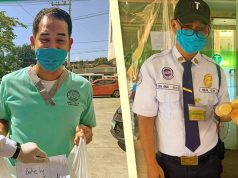MANILA, Philippines — Families that have broken up or have relatives missing due to the crisis in Marawi City may soon reunite through a page on the website of the International Committee of the Red Cross that helps trace missing persons and provides information on what happened to them.
(See the website here: https://familylinks.icrc.org/Philippines)
People looking for loved ones may register and fill up the necessary personal information to identify their relatives, including the circumstances that led to loss of contact, distinguishing physical characteristics and other details.
Camille Matteuci, head of the ICRC team working to reunite families, said while those missing in Marawi could be trapped, detained, or even killed in the fighting, others could also be in evacuation centers with no means of contacting their kin.
“At the end of the day, it’s important to remember that families have a right to know what has happened to their loved ones, and wherever possible, be reunited with them,” she said in a statement.
Among those the ICRC is striving to help is Aisha (not her real name) who still hopes her missing husband is still alive.
“With each day that the fighting continues, our hope diminishes. We praise Allah if my husband is still alive,” she was quoted by the ICRC as saying. “But if he is dead, then we need to recover his remains so that we can bury him according to our religion and traditions. Every Maranao family looking for a loved one wishes for this.”
According to the ICRC, the website supplements their existing tracing services, such as the 12 welfare desks of the Philippine Red Cross at evacuation centers in Marawi City, Lanao del Sur and Iligan City, Lanao del Norte.
The organization assured that the information shared by families would remain confidential.
Since the fighting ensued between government forces and the terrorist Maute group last May, the Red Cross has accommodated 402 tracing requests, 179 of which are still being looked into.










